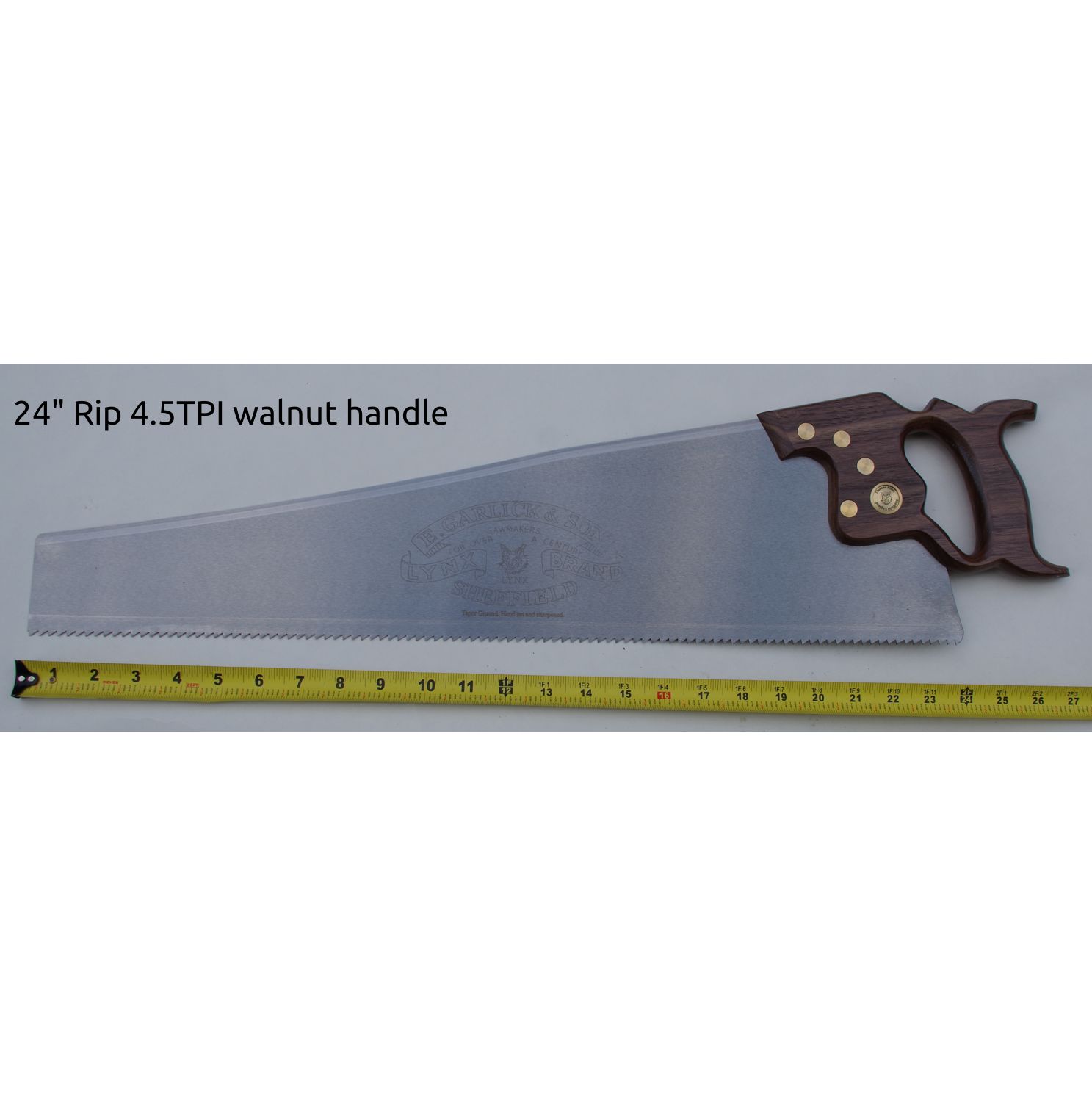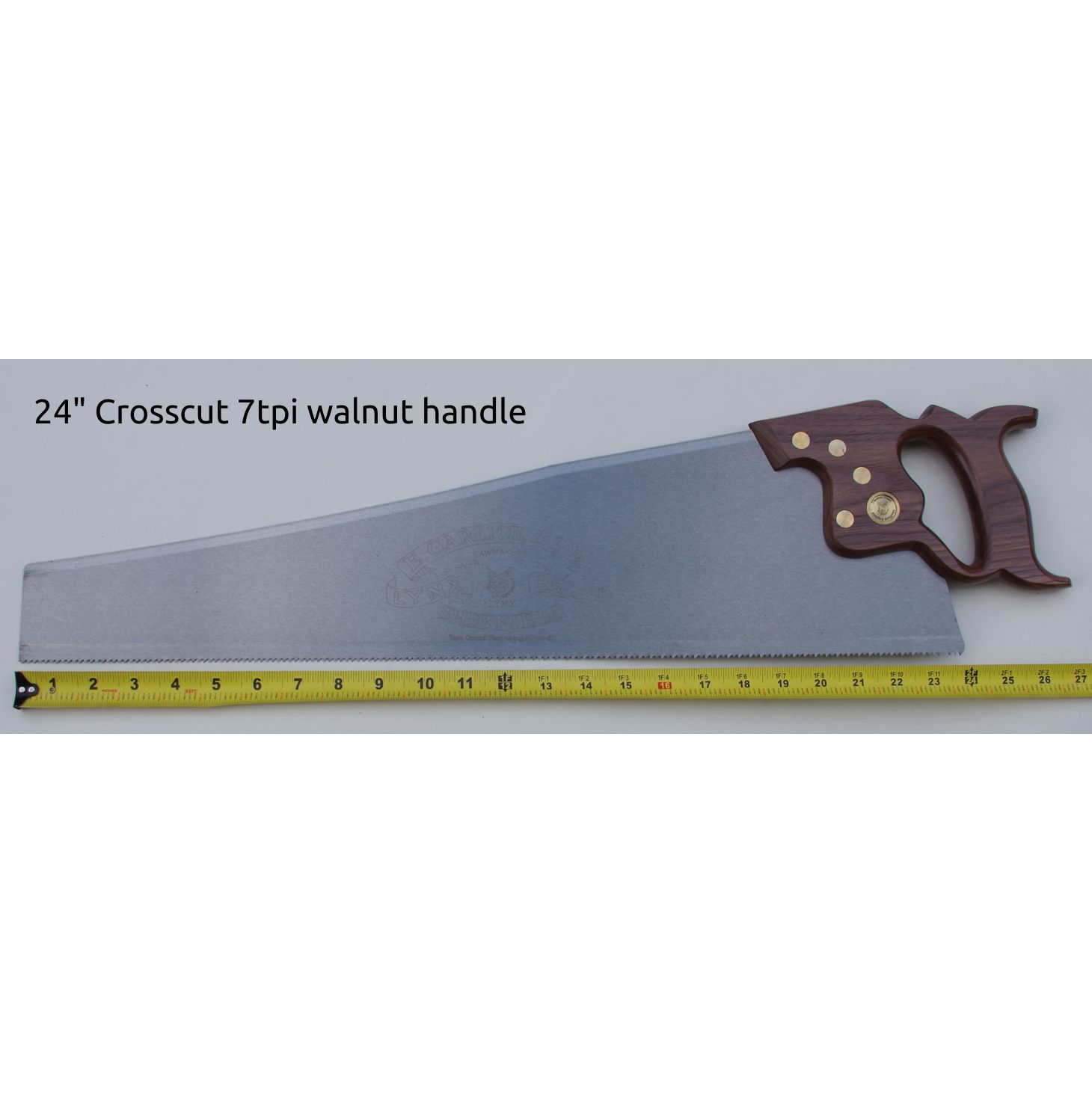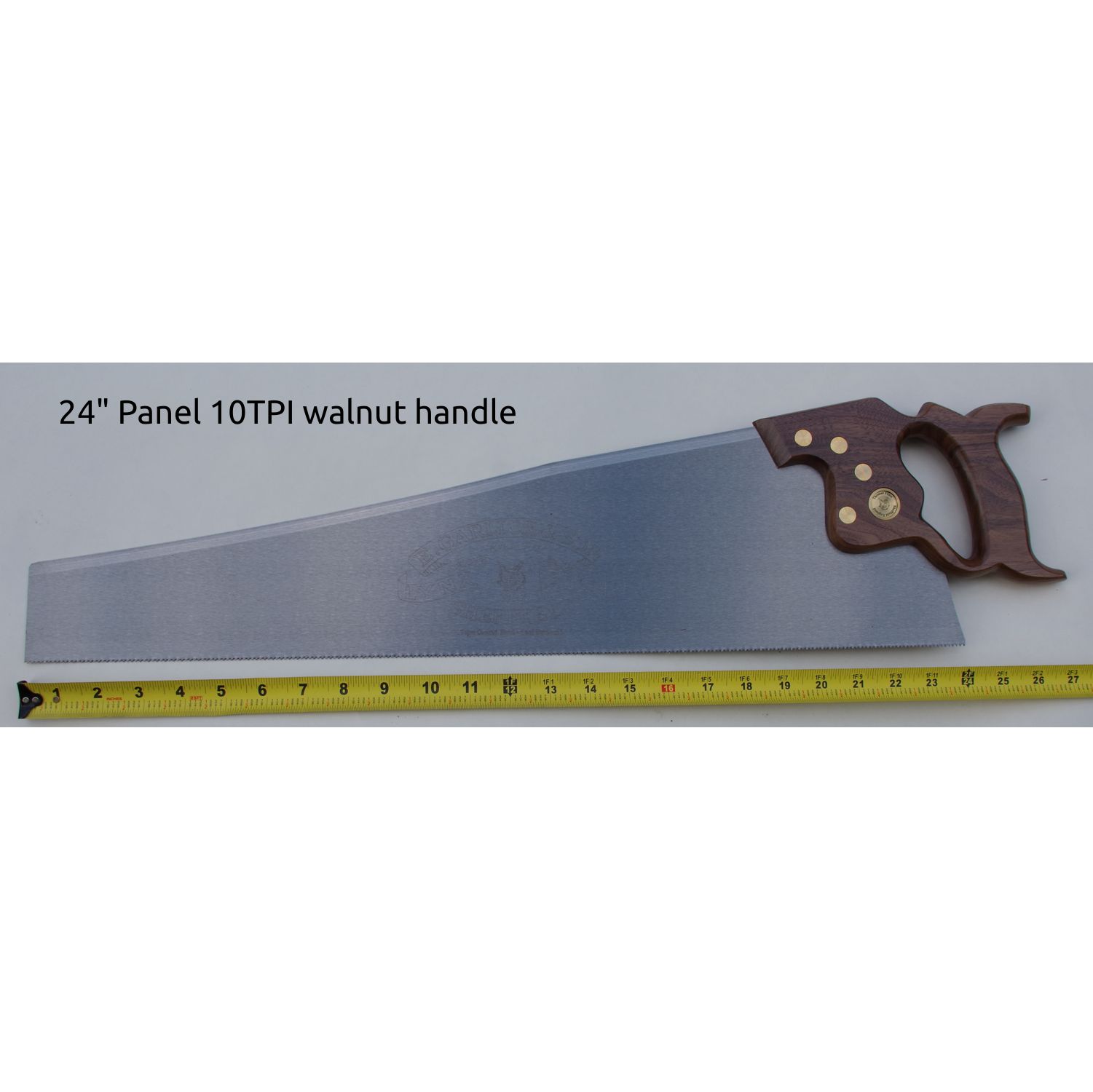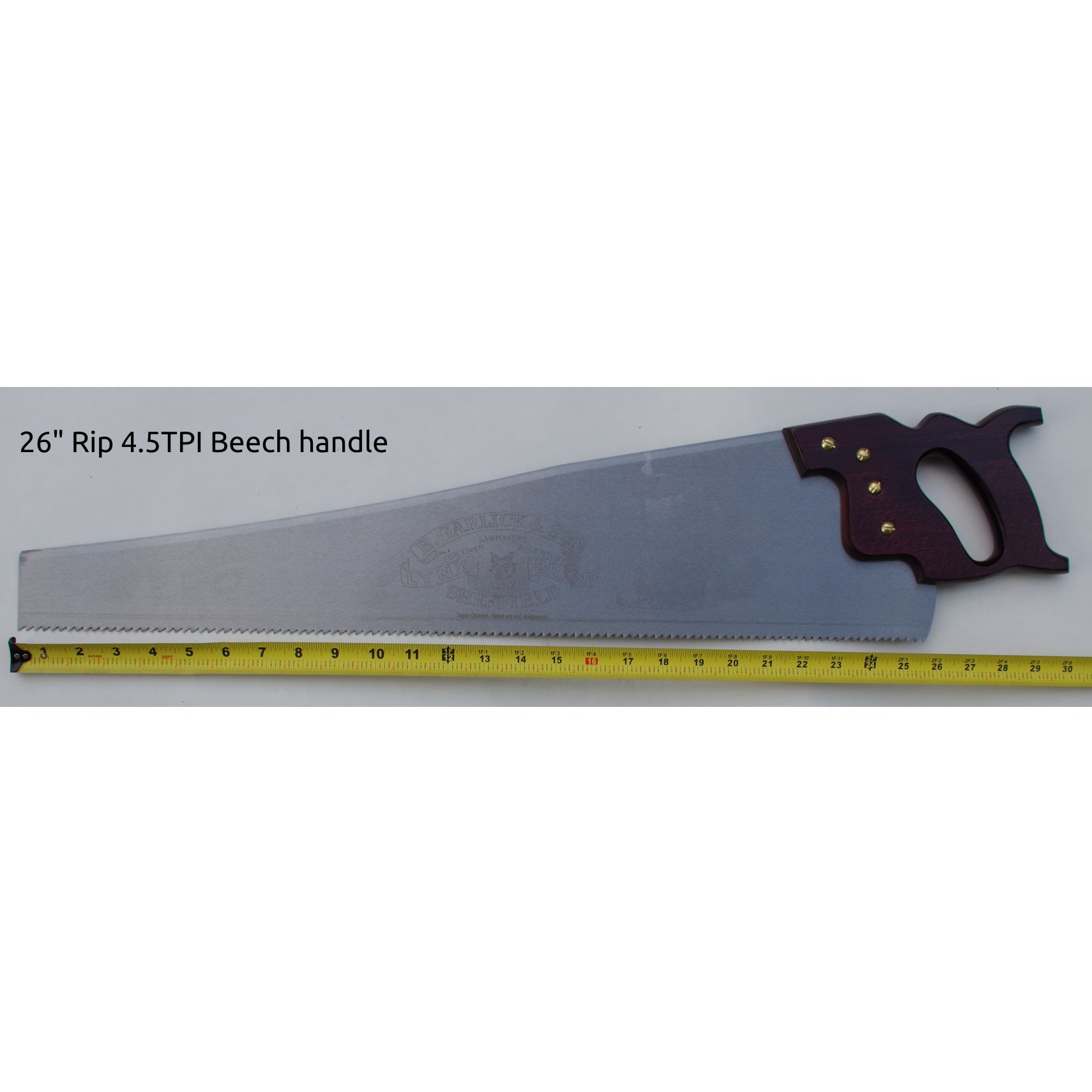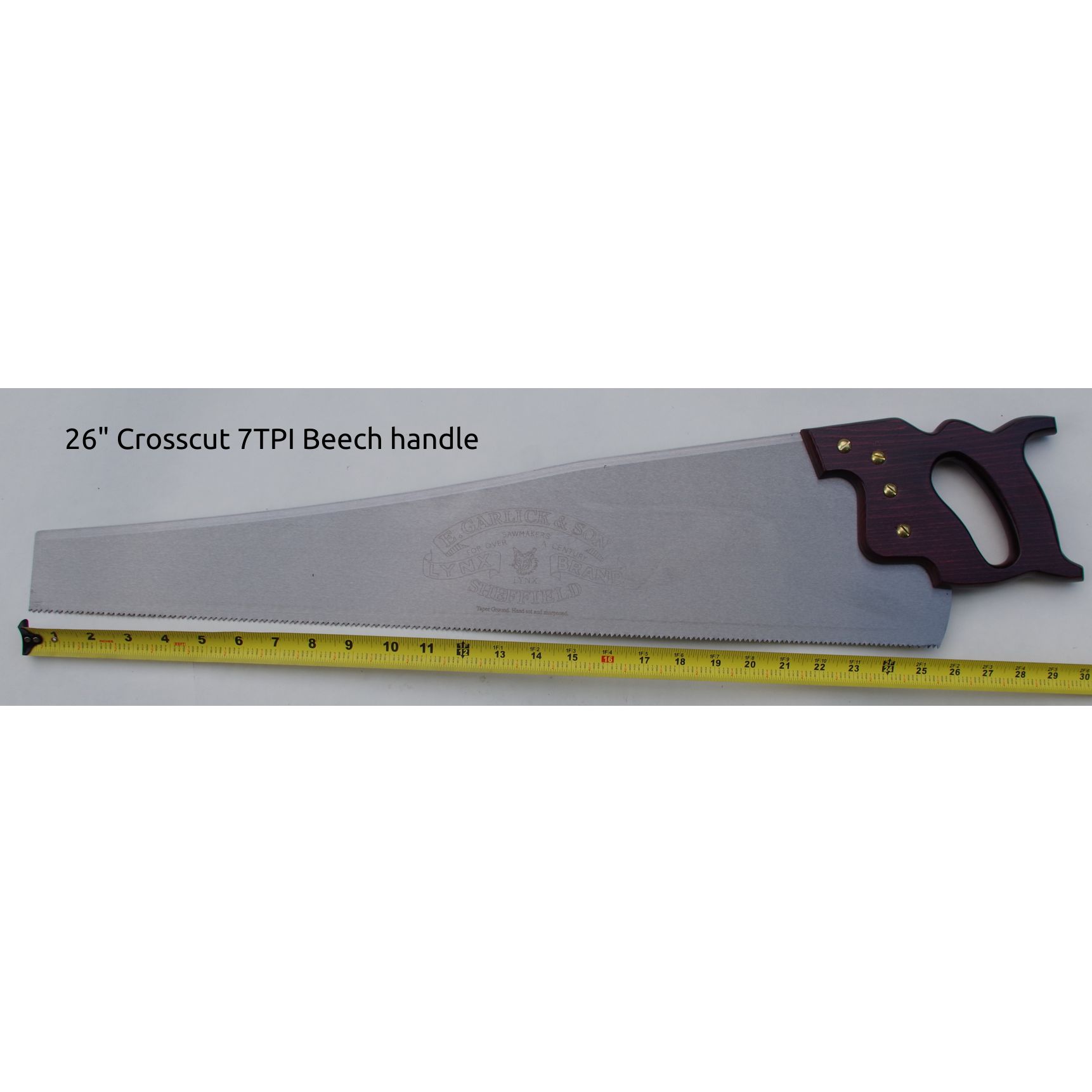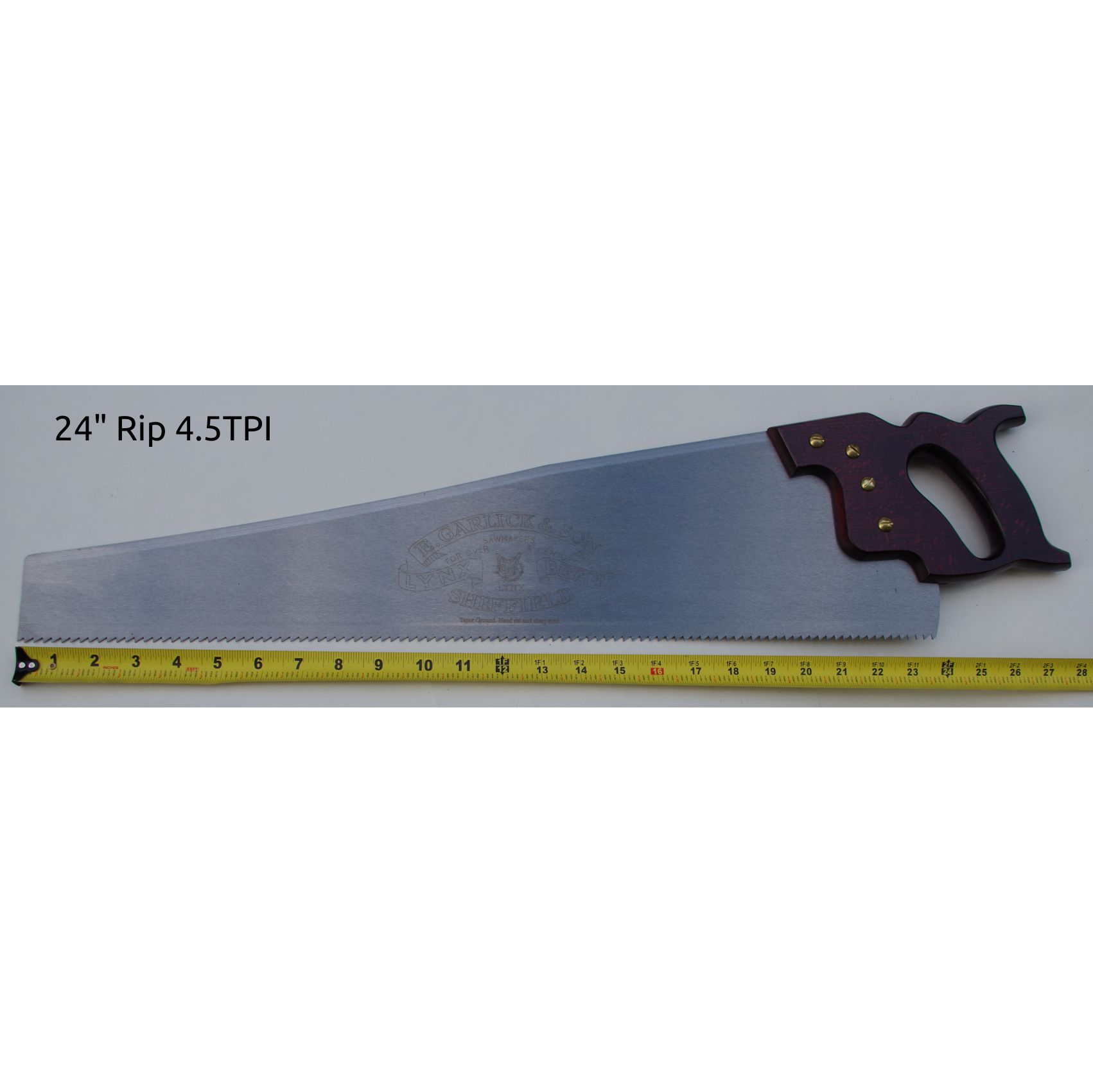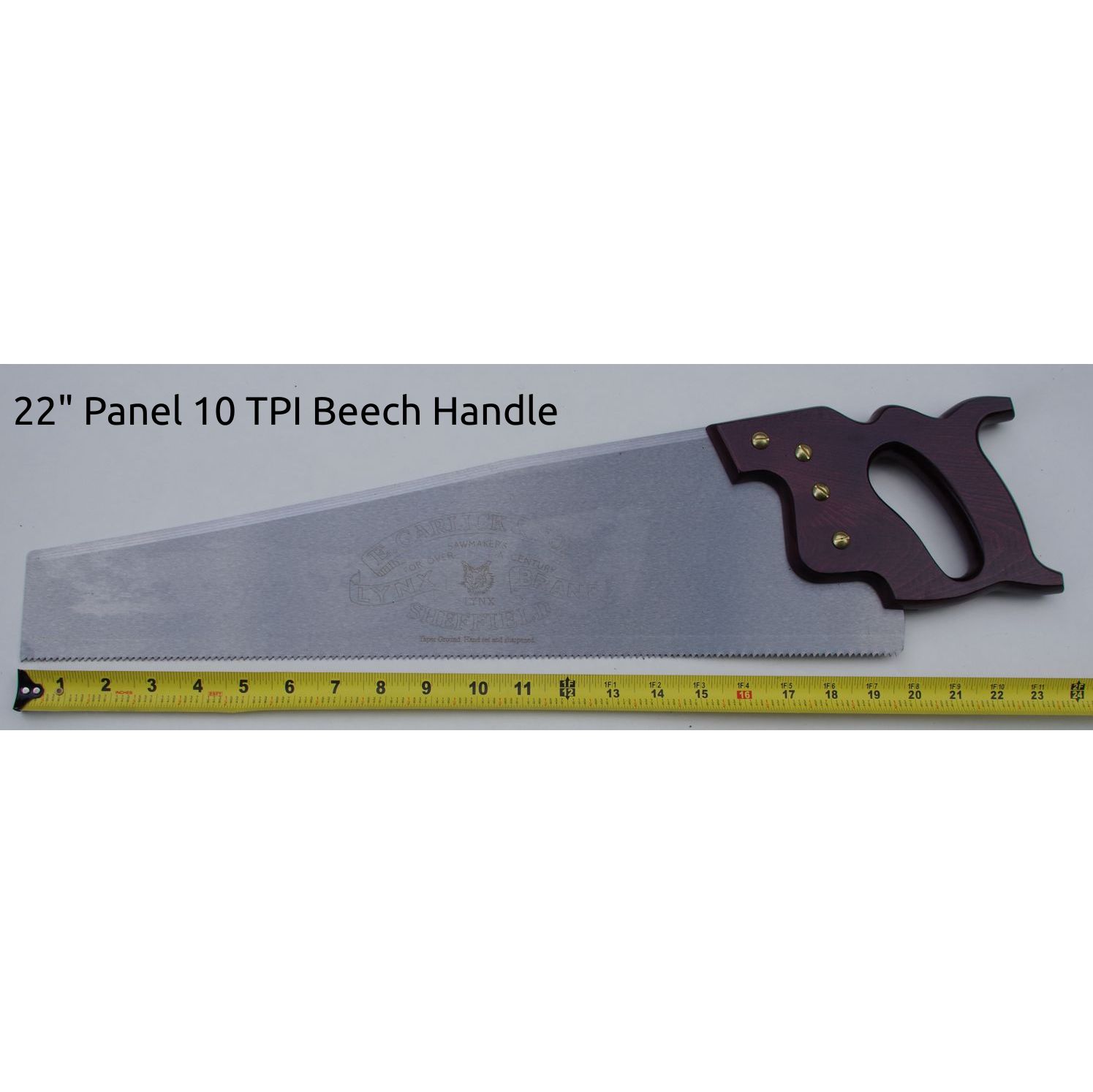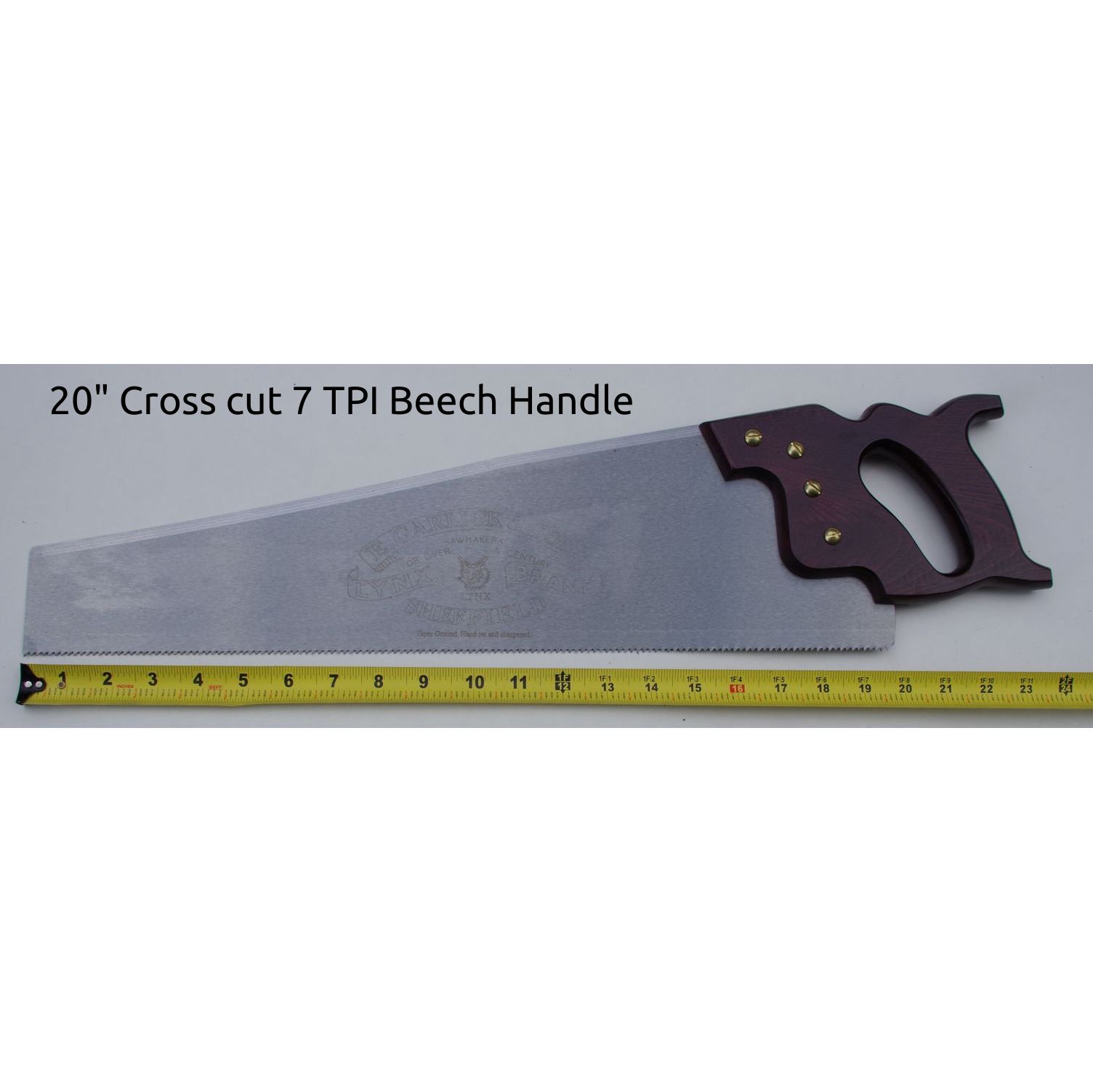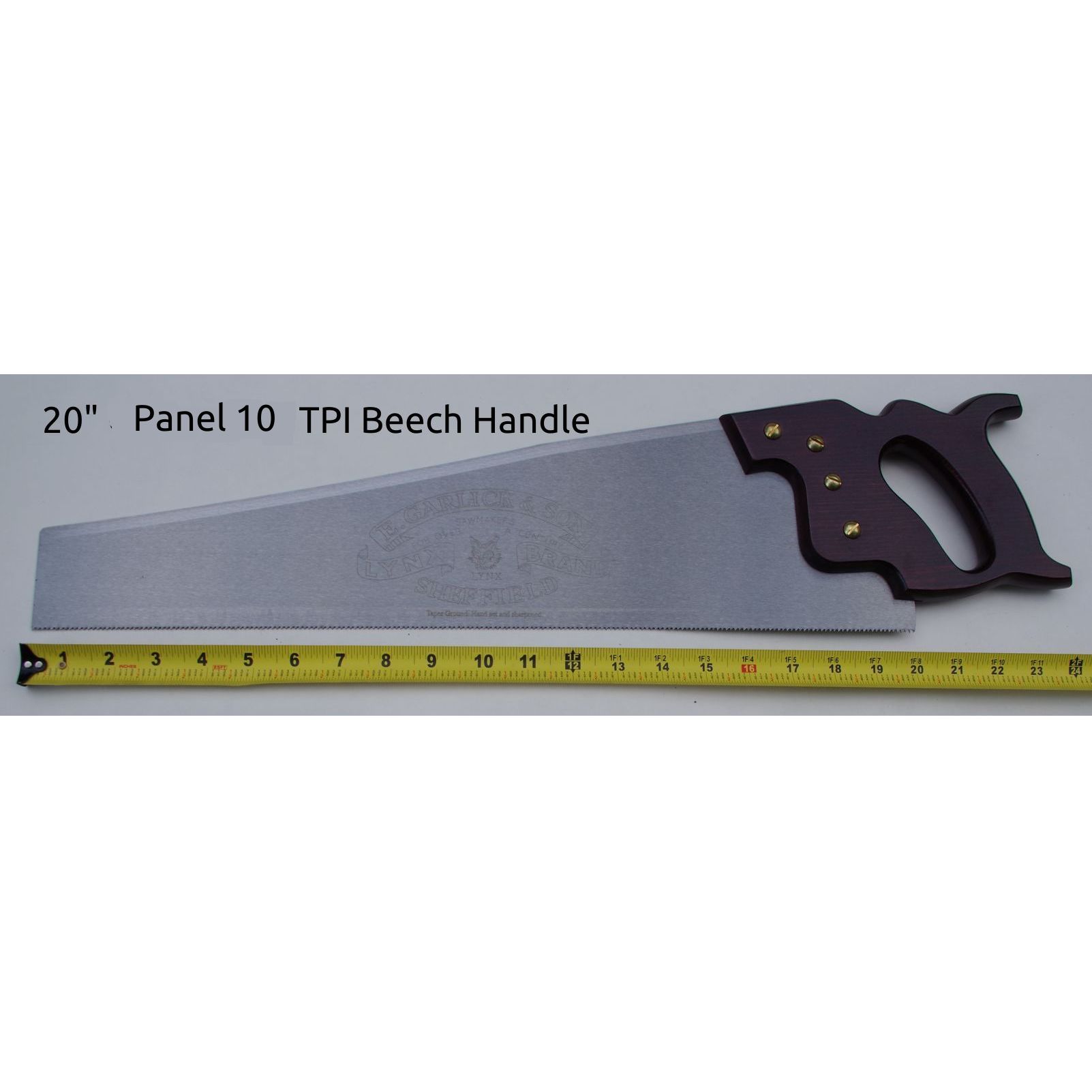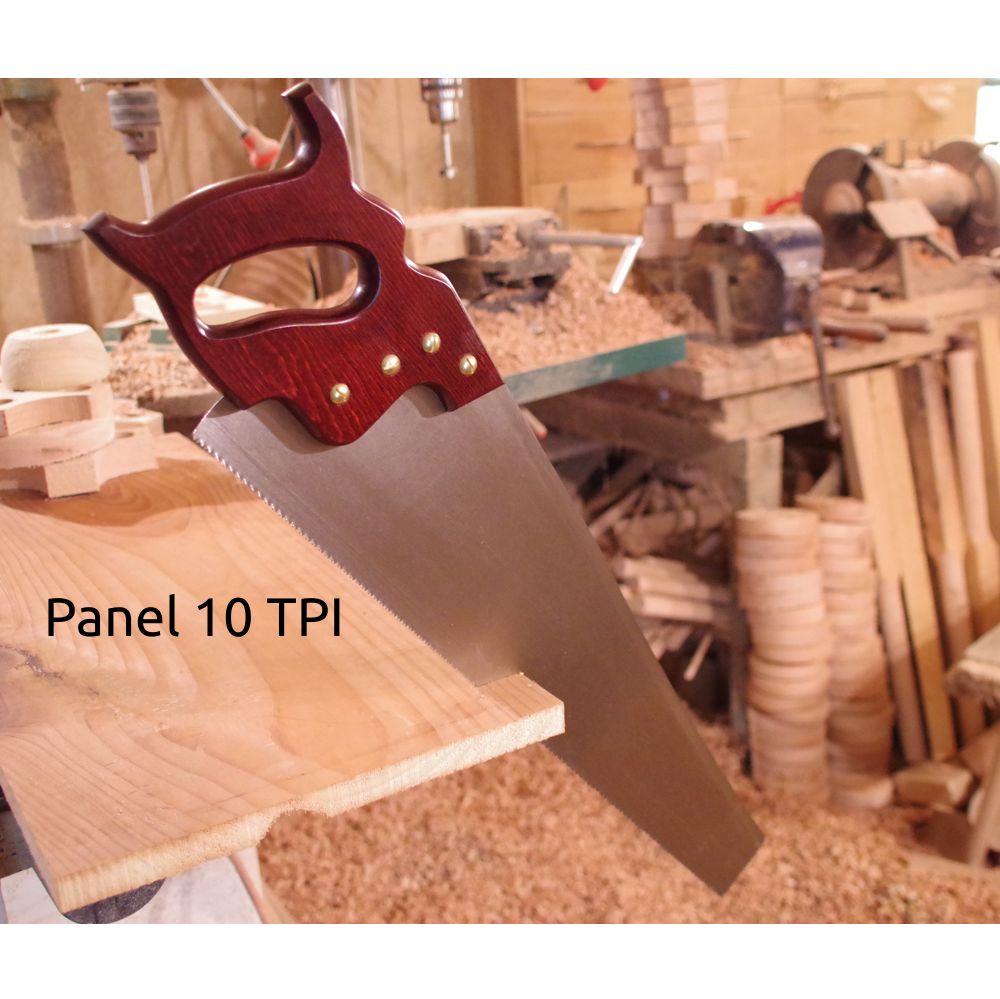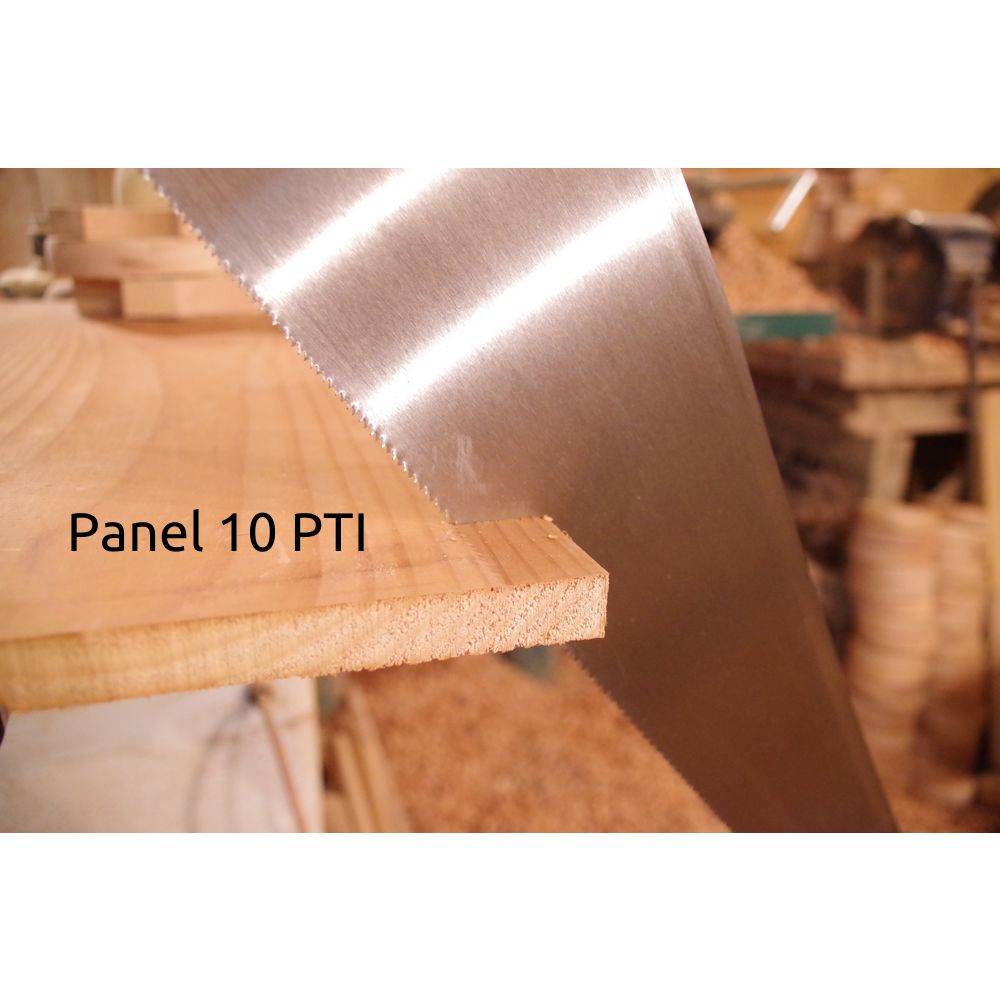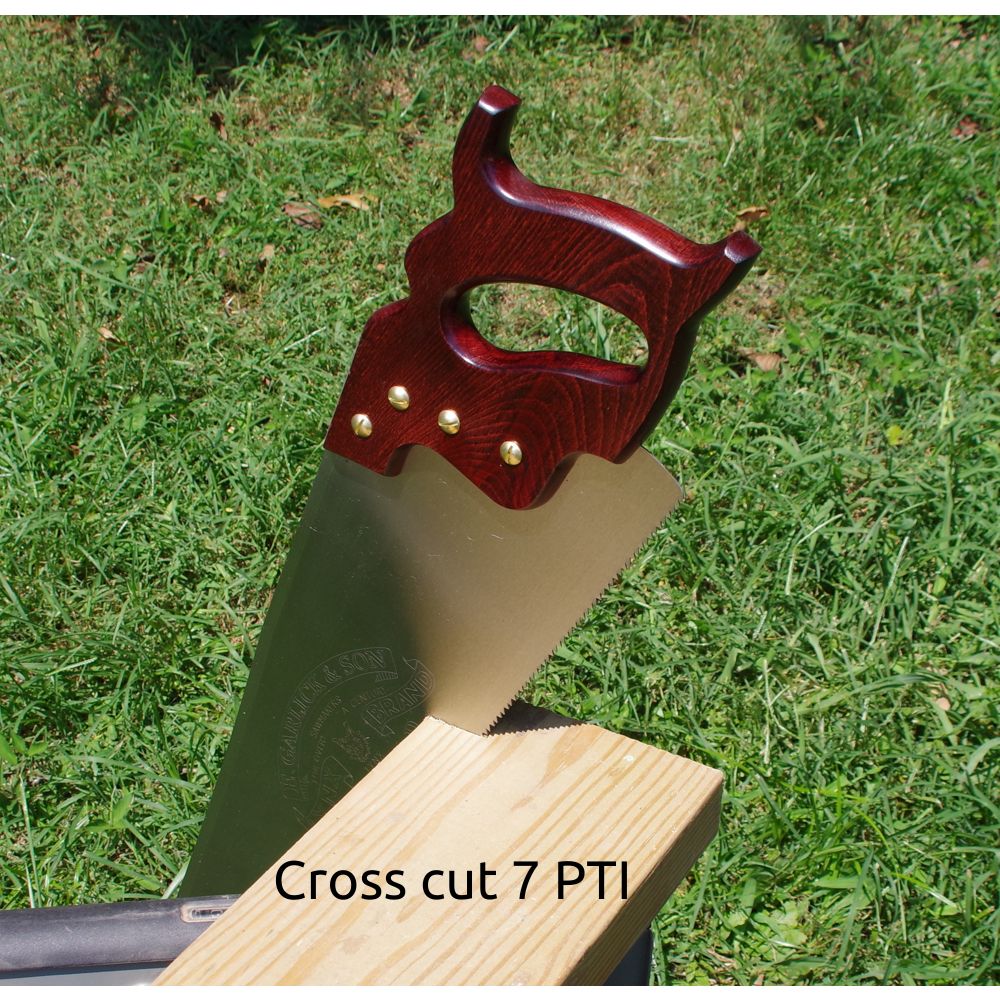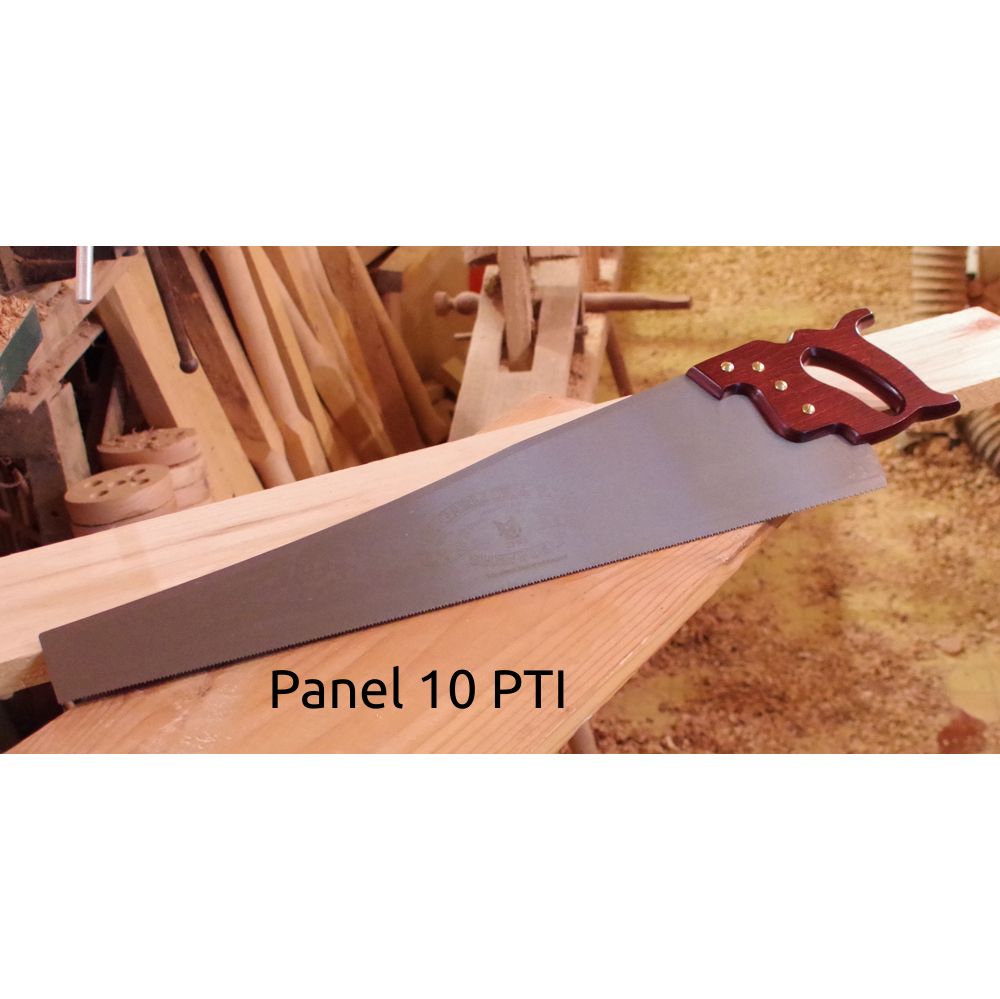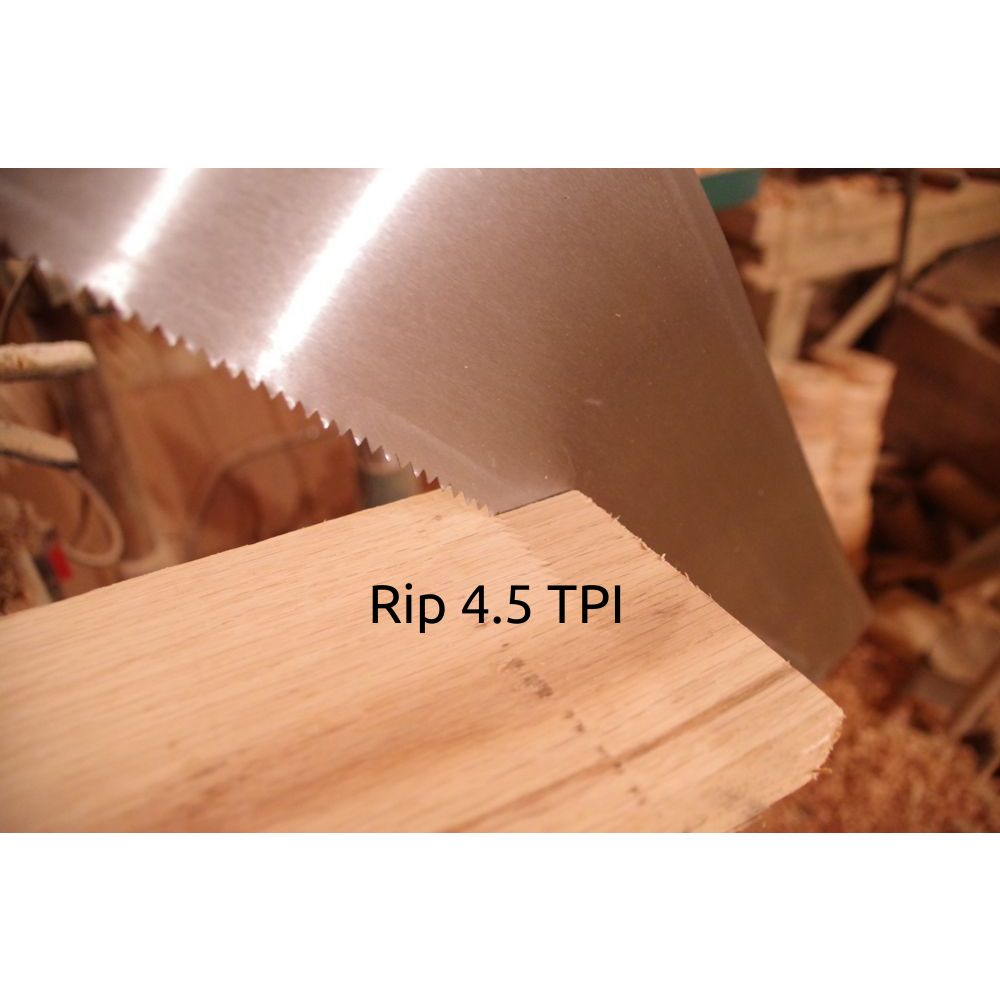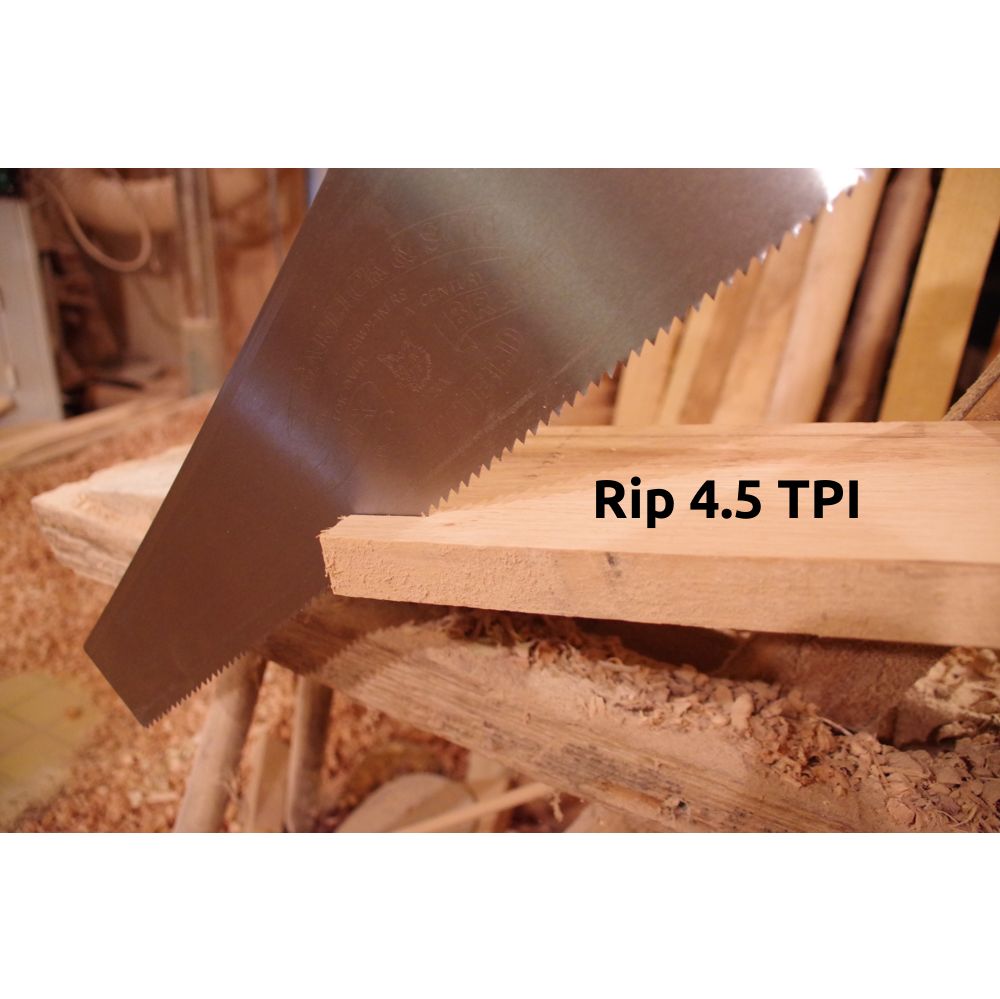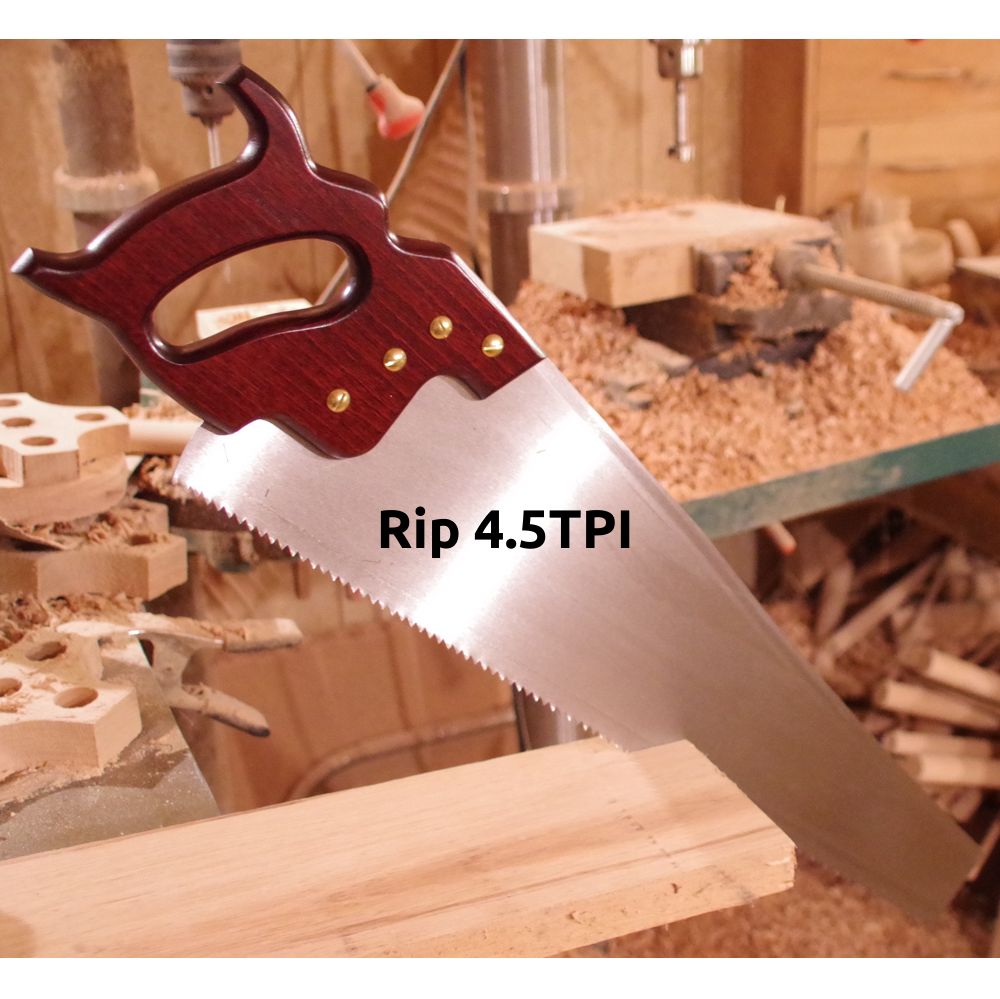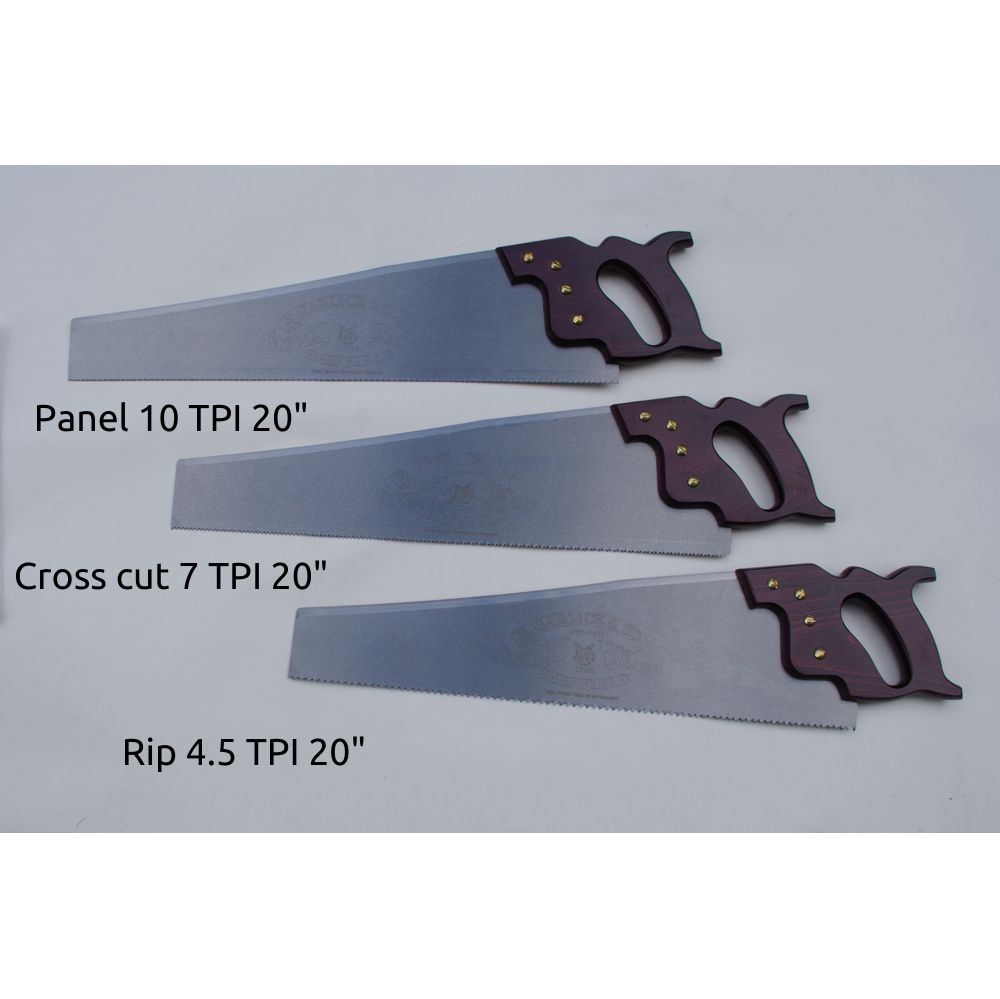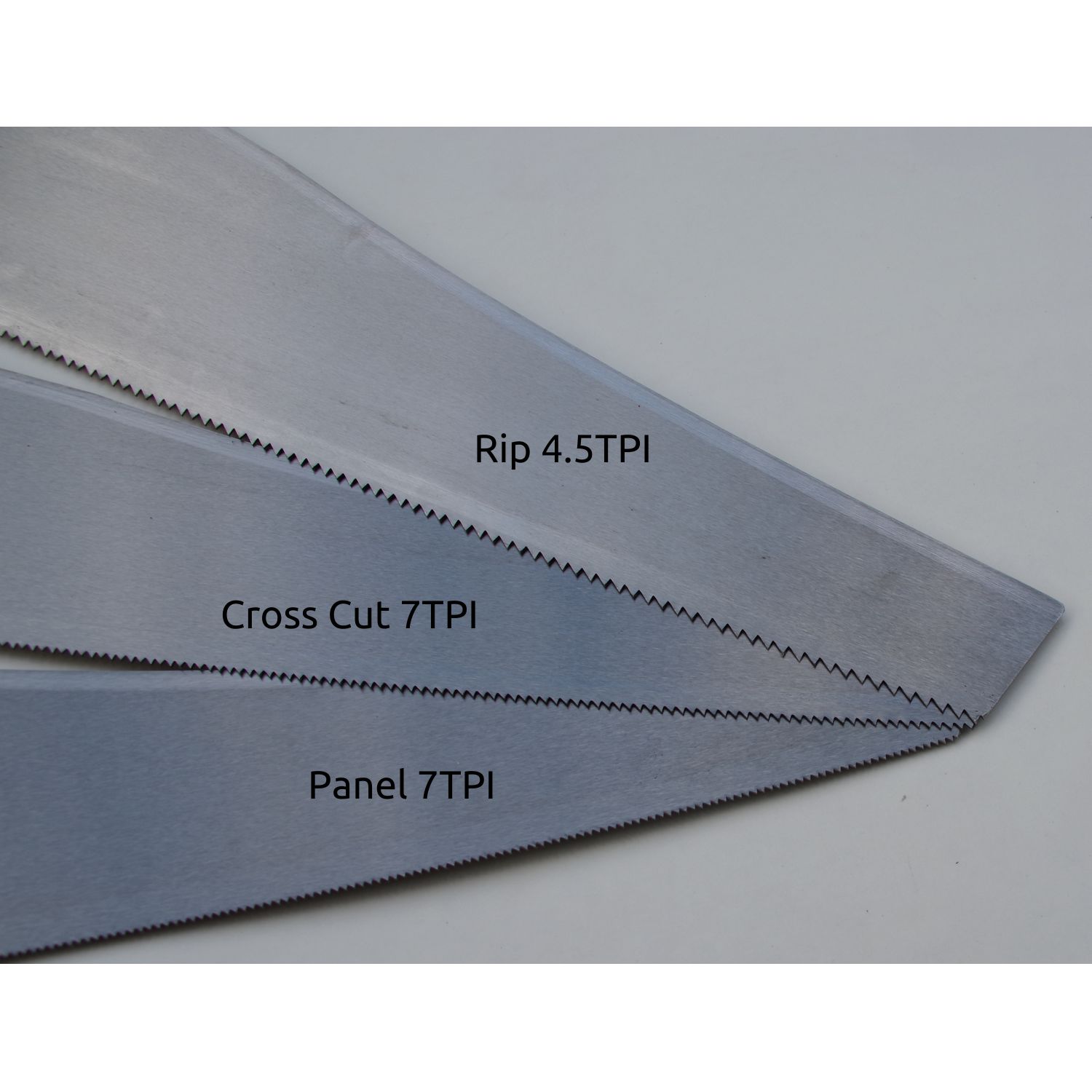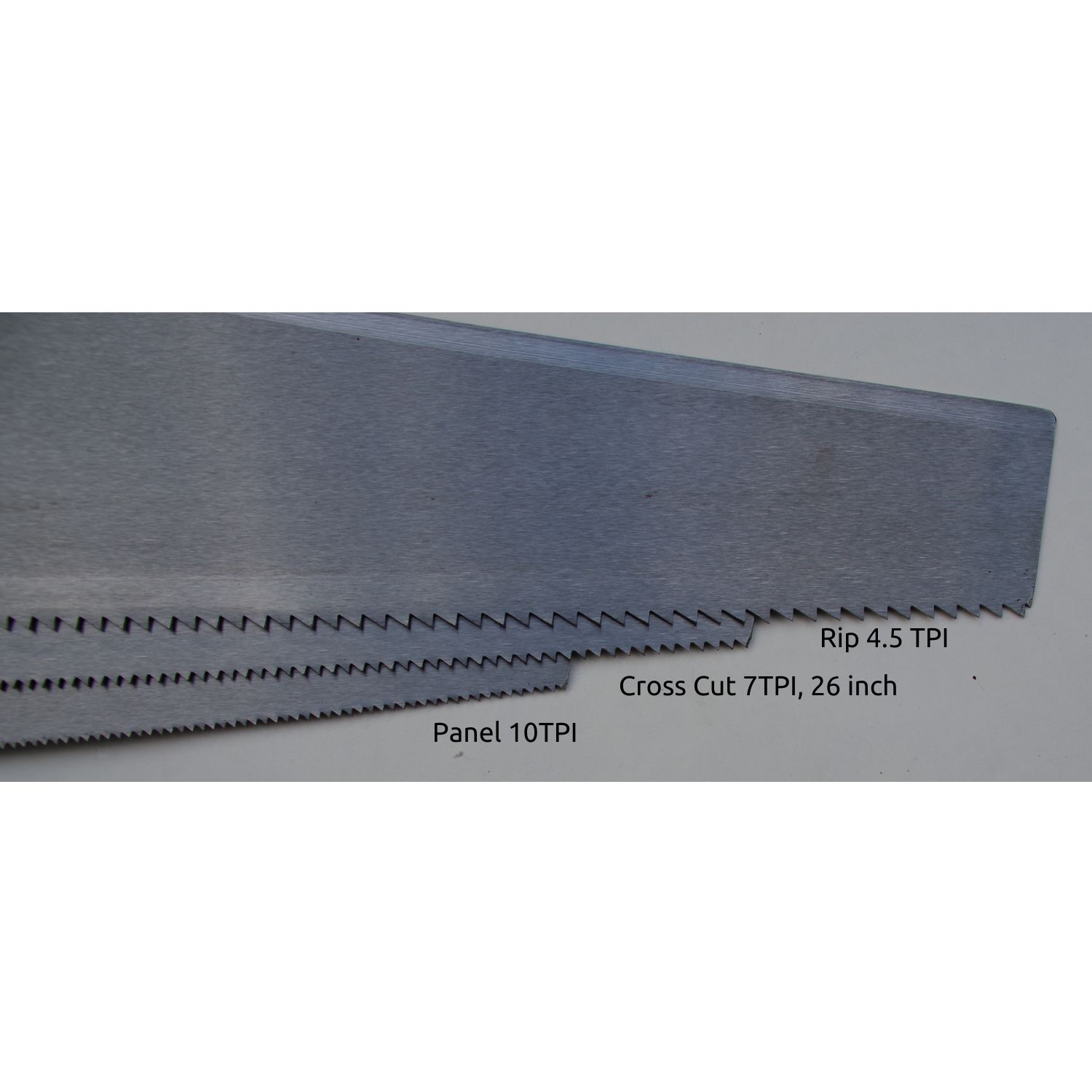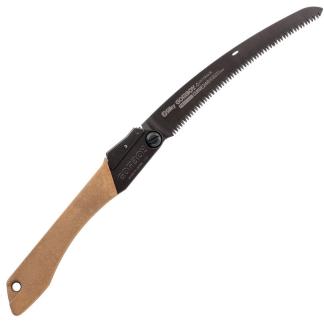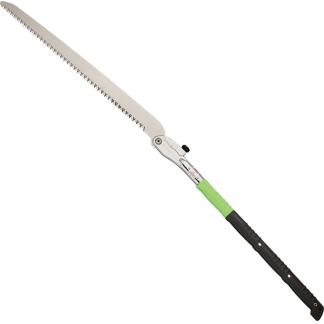Description
Made in Sheffield England
- See drop down menu for saws ranging in size from 20 inches to 26
- Made from alloy spring steel that is taper ground with a skew back and a straight tooth line for the smoothest cutting saw there is
- With a variation of teeth sizes per inch, there is a Handsaw for every type of work and will give you a different type of cut/finish depending on what you require
- These saws are made the old fashioned way
- More heavy duty than most modern saws on the market
- Can be Re-sharpened using triangle File
- Brown Stained Beech handle or Walnut handle
- Straight Tooth Line
- Lynx saws are a brand from the E. Garlick & Son Saw company that dates back to 1858 here in Sheffield.
COMPANY HISTORY
Our company was established in 1923 by a man named Thomas Flinn. Sheffield was, in those times (and for many years) a city where the majority of people were employed by something related to the steel industry and it’s by products.
My initial link to this business is Frank Ellis (my Paternal Grandfather – 1912-1988) who met Thomas Flinn when he was approximately 14 years old and began a saw making apprenticeship with him. As one of 10 children, living in back to back housing it was common place to take such a work placement and aim to get your own house further down the same street as many of his siblings did. It seems this was, perhaps an inevitable piece of history.
In 1911, Frank’s father (Francis George Pearce Walter Ellis born 1881) was listed as working as an edge tool grinder and his grandfather, Walter Ellis, was also the President of the Edge Grinders Union (also known as the Saw Grinders Union and now a bar known by the same name). This was an important worker’s union in the fact that since the 1840s, they fought to protect the rights of saw grinders in the city. In 1909, Walter was awarded a purse of gold for his service to the union (45 years as a member, 21 years as an officer and 16 years as President). From these dates, we believe that Walter would have joined the Union aged 11. This is likely to have been the norm for young boys starting work, as there would have been no higher education options. The importance of this Union makes interesting reading for those who wish to delve further. The group were known to use forceful ways of making company boss’ adhere to worker’s rights. The Sheffield Outrages in 1867 involved murders and explosions by trade union militants. Whilst their ideals of encouraging worker rights was a good thing for future workers, there was a lot of force used to make men join the unions too. This meant Sheffield became instrumental in fighting for worker’s rights which would have had a mass effect across the country.
With already two generations of family working in the tool industry, it was no surprise that Frank became a saw maker. Frank was an ambitious apprentice. He took home extra saw sharpening work at night to earn extra money. This hard work and dedication is how he was able to buy Thomas Flinn out of his own business in 1936. He would have been 26 years old. Becoming a business owner just before World War Two began, would have brought many changes to how his business operated as with all factories in Sheffield. He moved production on to MOD work and employed around 50 people at that time to make tin hats and other items required by the MOD. As with all war efforts, everyone did what was required to ensure the country ran smoothly.
My Father (Frank Philip Ellis – 1949 – present) joined the business upon leaving school at 16 and has been here ever since (and has the grey hairs to prove it!!) He claims to have been spraying handles for pocket money since the age of 10.
Over the years, the business has evolved to suit the times. In Philip’s early days, the business made very few types of saws and did not have the competition from overseas imports but he had the foresight to continue and follow a path creating high quality saws whose manufacturing may have died off otherwise. Philip also had to ensure survival during an era which saw a huge surge of importation of cheaper mass-produced goods from the Far East. This was a difficult time as small businesses could not compete with the prices on these goods. It meant that to survive, we needed to continue a different market level of goods. It is through this that we now make the Pax saws purchased from Sanderson Kayser in the 1990’s, which was once one of the large steel producers and made a range of tools as well. In the 1960’s, Sanderson Kayser had 32 acres of factory, 1400 employees and at their Atttercliffe based site, used 2,500,000 gallons of water every 24 hour working day drawn from the River Don. This reflects only a small portion of industry that Sheffield used to have – smog was a common thing in the 1960s. The PAX brand dates back to 1776.
In 1999, the Garlick Saw Company which featured the Lynx brand of saws was also acquired by us. Less is known to me of the origins of this company, but it began in 1858 here in Sheffield.
In June 2008, we acquired the Roberts & Lee saw company. This was the last other known saw manufacturers in the UK, with its origins based in Enfield, near London. The Dorchester line of saws came from this acquisition.
In the Summer of 2014 we also become a Hand Plane manufacturer after we acquired Clifton Planes. We wanted to ensure continuity of this brand didn’t get lost. We have pushed this traditional, high quality brand from strength to strength with additional items to the ranges. The Clifton plane brand was started by Clico (Sheffield) Tooling Ltd and was brought about from previous links Record Marples. Most of our older plane makers started apprenticeships at Record Marples.
From a small work force, we now produce a wide range of hand saws and hand planes that are shipped world-wide and are held in great esteem by those who use them. Our ideals mean that we feel it is important to fly the British flag when it comes to the tooling industry as it is through this mentality that we have found our great customer base and means we want to provide our customers with only the best products.
As you can see, much of our company history now incorporates the history of the Pax and Lynx brands, which both have origins in the 18th century. This means that they are some of the oldest saws still in production today and it seems somewhat sad that some of our products, such as the William Greaves saws came from some of the largest and now diminished companies that were once prolific in Sheffield. We feel it is a great honour to be able to promote our products as a mark of true Sheffield quality. A piece of history still made today.
I hope you enjoy our website, which aims to encourage purchasing from a range of small, independent tool manufacturers. Purchasing from such companies, really does make a difference and helps us to continue the work of our ancestors and ensure that these tools remain part of Britain’s manufacturing future.
Thanks,
Katie Ellis
Director.

